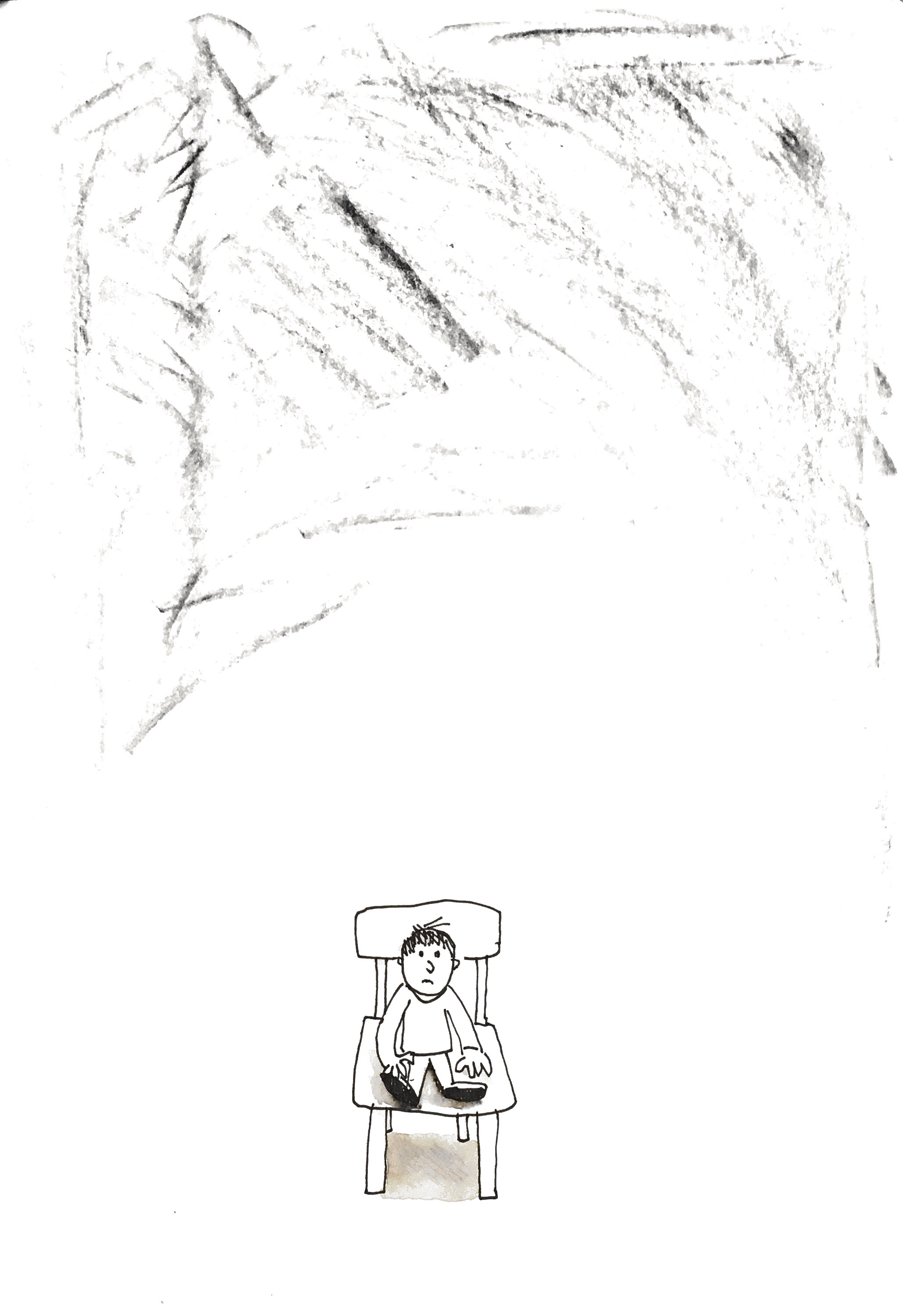How To Silence Your Inner Critic / 9

Click here for other lessons: One Two Three Four Five Six Seven Eight Nine
We’ve spent quite some time looking into the inner critic.
It’s good work – but not something to spend too long on.
You’ve seen the impact of your critical thoughts – how they affect you, and how strongly.
Now I invite you to argue back with you inner critic.
If it helps, think of somebody you admire or love, and imagine that person is beside you now, offering support against your beastly inner critic.
If this loving person were arguing FOR you, against your inner critic, what might they say?
***
Your Inner Child
Or think about this instead. It’s something I was encouraged to do in psychiatric hospital.
One of the nurses told me I needed to “practice self-care”.
To me, the words conjured a picture of candles around a bath. I couldn’t see how this helped.
“Make friends with yourself,” he said.
Again, I was baffled. I understood the individual words, but not the sentence as a whole. I asked for clarification in a group therapy session.
The therapist said: “Imagine yourself, aged about four or five. Imagine that little boy coming into the room now… What would you say to him?”
I was stumped. Words failed me – me, the writer. I went back to my room, where I had a sketchbook and pens, and started drawing.
I drew a picture of myself as I am now, sitting opposite an empty chair. Then I drew the same scene, with a little boy walking towards the empty chair. Then I drew it again with the boy climbing onto the chair. He had a friendly smile, and I gave him a little speech: “Hello.”
Not knowing how to reply, the adult version of me just sat there.

Over the following weeks, I drew hundreds of drawings. Quite an artistic revival.
Many featured Little JP, with me – Big JP – holding his hand as we had various mild adventures.

Was this self-care?
Then one day, in another group session, I used words to describe myself that I would never use to describe someone else: “worthless c___”.
I looked around at the other faces: consternation. Plainly, they didn’t see me that way. But how could I stop thinking it? And then I remembered Little JP.
Back in my room, I drew a picture of the round-faced four-year-old me, sitting on a chair down at the bottom of the page, with a frightened expression.
In big letters, I wrote at the top: “Worthless C___”

And suddenly, finally, I could see what a terrible thing it was to speak – or think – of myself that way. How cruel, how brutal it was. And I stopped doing it.
Please remember that when you speak unkindly about yourself you are talking about your own inner child.
S/he is always with you, and deserves to be looked after.

Your Homework: Think of some things your inner child might want or need to hear. Write them down.
***
Resistance
You may not want to do this exercise. And Even if you tried your mind, may go blank.
Don’t worry: answers don’t always come easily.
Let them come in their own time. Don’t force anything. And don’t resist.
It took me years to understand that there was even such a thing as RESISTANCE.
It’s a horrible thing. It turns your life into a struggle, when it really needn’t be.
It gets in the way of experiences and opportunities that can be truly delightful…
One thing I resisted doing all my life was praying.
I wasn’t brought up that way, and as I grew up I persuaded myself that people who prayed must be very stupid.
I was trying to win an argument about theology, and missing out on something.
But I’ve spent a lot of time trying things out…
And (leaving aside any theological debate about God, which is quite a big thing to leave aside, but bear with me), I’ve come to see the practical effect of prayer:
It changes the person who does the praying.
When you actually get down on your knees, as I have done with Muslim friends and Christians, you really understand what submission means.
Even just uttering a generalised wish, like “May all beings be well” (a well known Buddhist sutra, addressed not to God, as such, but to something outside ourselves) you can find yourself invoking a gentler intelligence inside yourself.
The writer Anne Lamott suggests that all prayer amounts, in essence, to saying one of the following:
Help
Thanks
Wow
Say these words as often as you can.
It will help you to silence your inner critic.
That wraps up this course.
Please let me know:
a) what works well, and
b) what I could do to make it even better.
